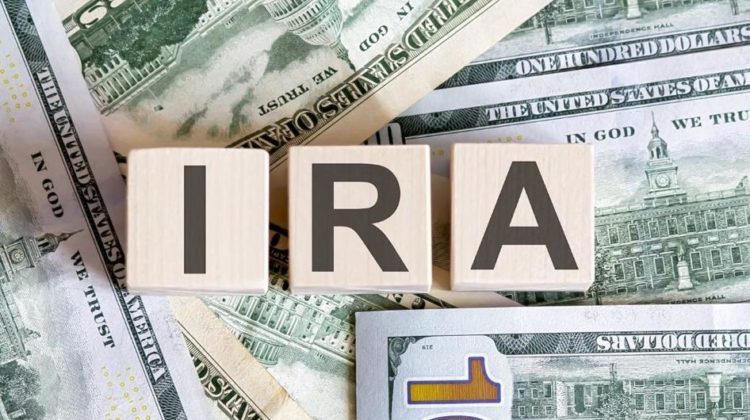
An old episode of The Simpsons once depicted all of Springfield celebrating New Year’s Eve with one notable exception: the comically straitlaced Ned Flanders, who spent the evening preparing his tax return just to be financially pru-diddly-udent.
Nobody really wants to be Flanders, but in a city of fools, he was a wise man.
Thinking ahead about your taxes and how you’ll spend that refund is always a good idea. Here’s an even better idea: not spending that refund at all but rather sending it
directly to an account where it can accumulate tax-free compound interest. You may be familiar with the Roth IRA, where after-tax income grows for retirement. Maybe you’ve wondered: can you put your tax refund into a Roth IRA? You can, and you should. We’ll explain.
The basics
When you contribute to a traditional IRA, you receive a tax break now in exchange for paying taxes later — preferably in retirement as you receive distributions. A Roth IRA works in reverse, with after-tax money going into an account and growing tax-free. Congress designed this as a compromise to offset the tax breaks of traditional IRAs, funding the government while encouraging investments among the middle class.
However, federal tax refunds are not taxable income. In withholding throughout the year, you satisfied your commitment to Uncle Sam, and what you get back for overpaying, so to speak, is yours to keep. This lump sum can come in handy for covering debt or funding home-improvement projects, but if you keep your own hands off your tax refund next year, you truly stand to gain in the long run.
Play a game of Crazy Eights?
Grab a copy of IRS Form 8888 — an easy enough number to remember. This is the agency’s Allocation of Refund form, which will distribute your refund across multiple destinations, such as IRAs, savings accounts and your checking account. However, if you’re allocating your refund only to that Roth IRA, forgo Form 8888 and simply specify a direct deposit for your refund. Remember that the annual contribution limit for any IRA is $6,000.
The Roth advantage
Putting your refund in a Roth is a triple play. You’re receiving tax-free income now, investing it in a non-taxable account and eventually earning tax-free income in retirement. Not only can you put your tax refund into a Roth IRA, but you can turbocharge your retirement savings by opening a self-directed Roth IRA and removing the limits on financial instruments to invest in.
Beyond stocks and bonds, you can invest in a host of different opportunities, from precious metals and cryptocurrency to real estate and hard-money lending, all of which carry risks but could grow your money even more. It’s not too early to start thinking about next year’s refund. Stop thinking about vacations, and start thinking about the future.
